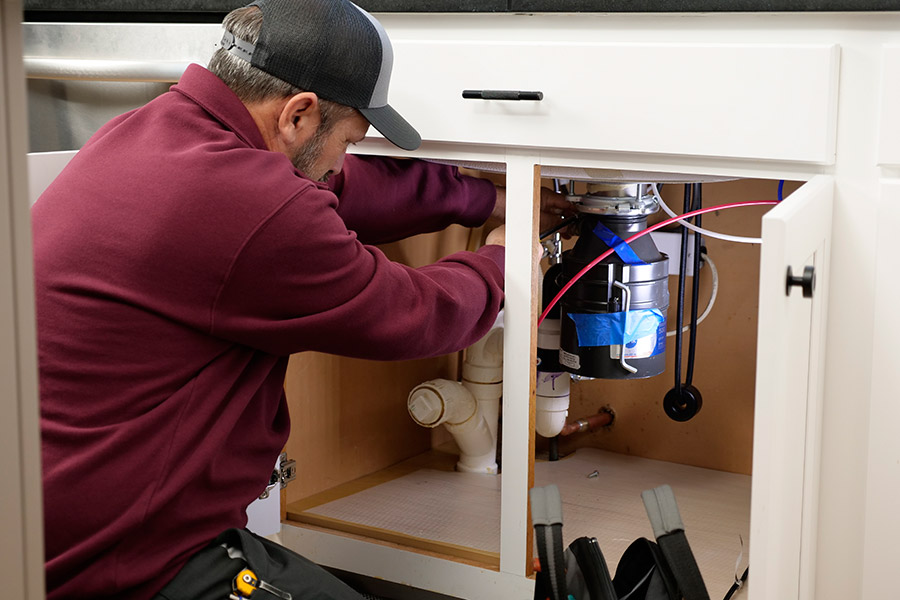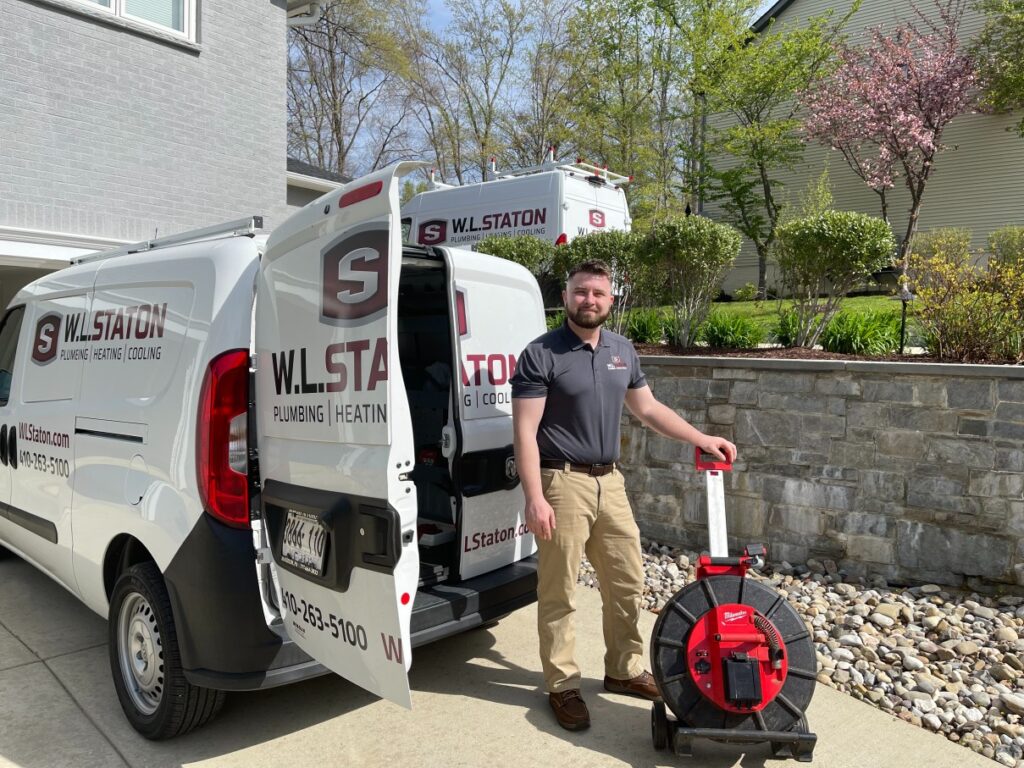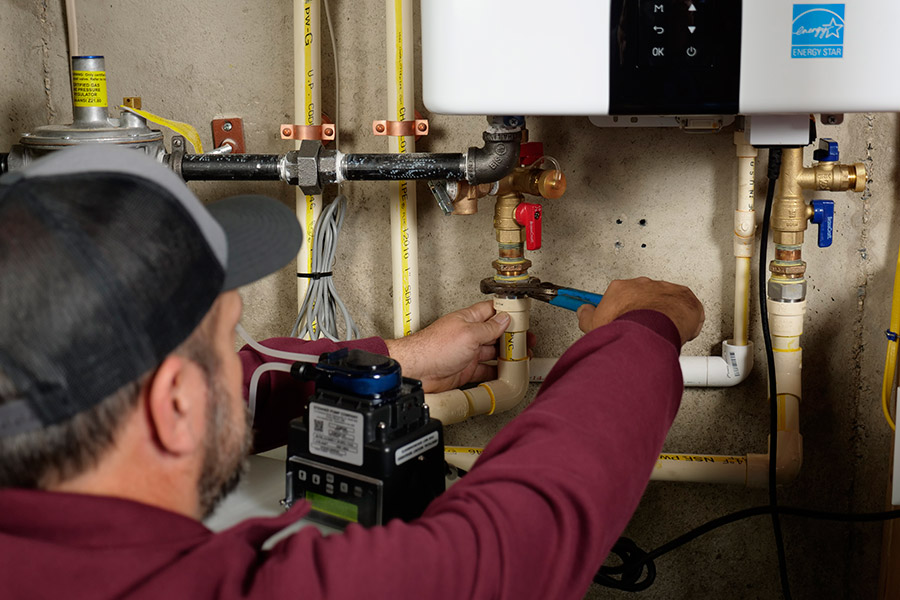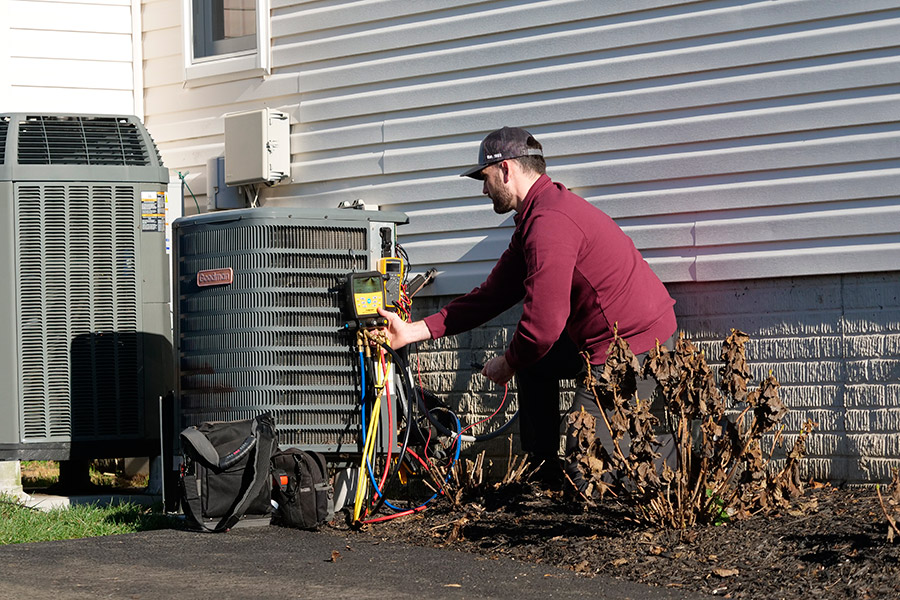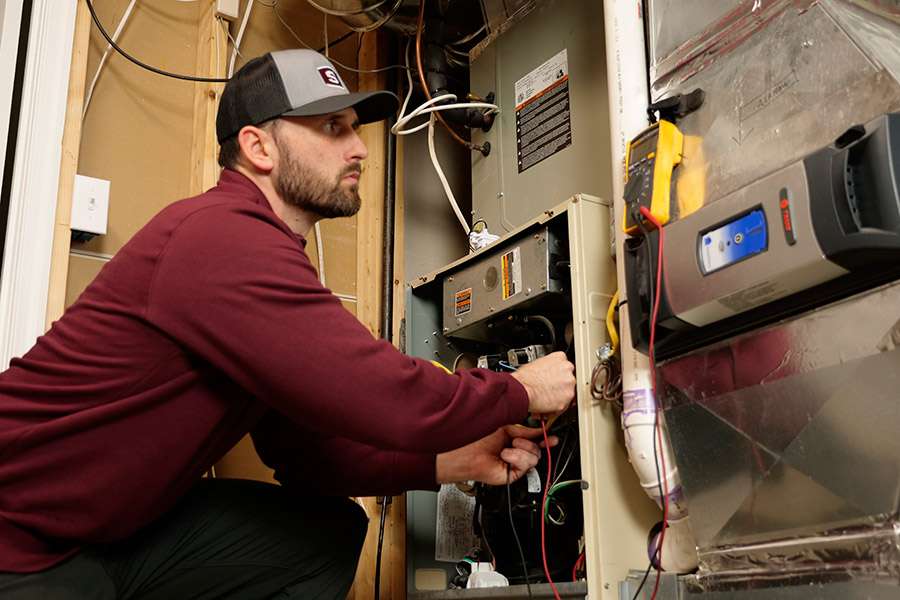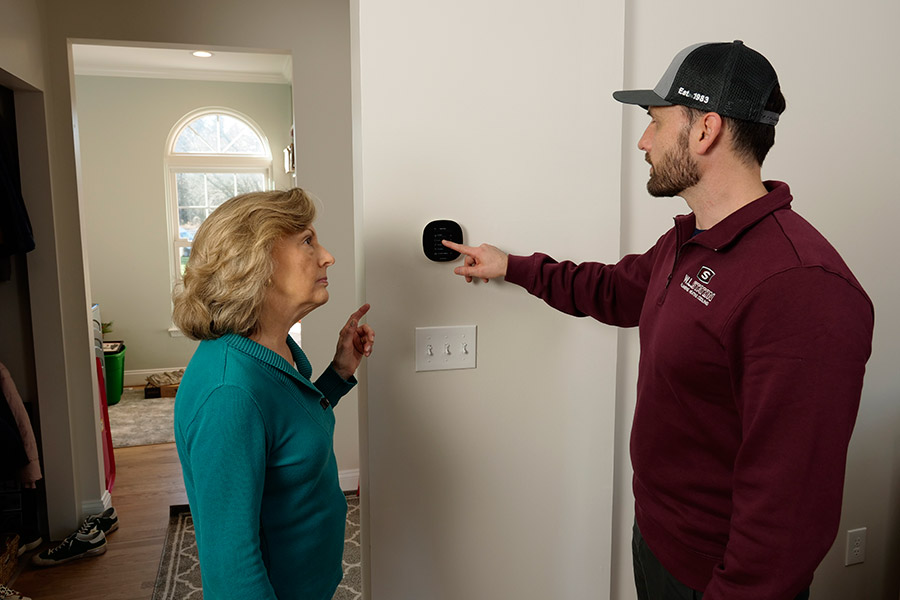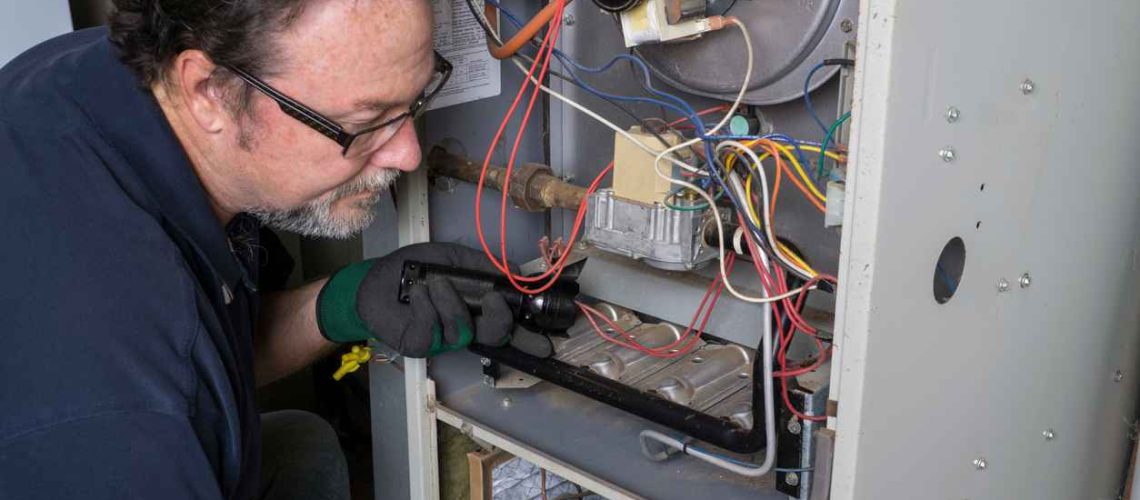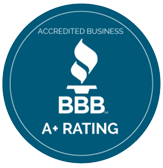When it comes to maintaining a cozy and comfortable home, few investments are as crucial as a new furnace. Whether you’re facing a sudden breakdown or planning a proactive upgrade, understanding the costs involved is a pivotal first step. The cost of a new furnace can vary widely based on several factors, including the type of furnace, its efficiency, capacity, brand, installation complexity, and your location.
In this blog, W.L. Staton Plumbing, Heating and Cooling will go into furnace pricing, exploring the factors that influence costs, the various types of furnaces available, and valuable insights to help you make an informed decision for your home. Join us as we demystify the expense of a new furnace and empower you to make the right choice for your heating needs.
What is a Furnace?
A furnace is a heating system used in buildings, homes, and industrial settings to generate and distribute warm air or heat throughout the space. It is a key component of a heating, ventilation, and air conditioning (HVAC) system. Furnaces are typically powered by electricity, natural gas, propane, oil, or even wood pellets, depending on the type and design of the furnace.
What are Factors that Affect the Cost of a New Furnace?
The cost of a new furnace can vary significantly based on several factors. Understanding these factors will help you determine the overall expense and make an informed decision when purchasing a new furnace. Here are the key factors that can affect the cost of a new furnace:
Furnace Type
Different types of furnaces, such as gas, electric, oil, or propane, have varying upfront costs. Gas furnaces are often more expensive than electric furnaces, but they may have lower operational costs over time.
Furnace Efficiency
Furnace efficiency is measured by the Annual Fuel Utilization Efficiency (AFUE) rating for gas and oil furnaces or the Heating Seasonal Performance Factor (HSPF) for electric heat pumps. High-efficiency furnaces with better ratings are typically more expensive but can result in long-term energy savings.
Size and Capacity
The size of the furnace, measured in British Thermal Units (BTUs), should be properly matched to the heating needs of your home. An oversized or undersized furnace can impact comfort and efficiency.
Brand and Model
Different furnace brands and models have varying price points. High-end or well-known brands often come with a premium price tag, while less-known brands or basic models may be more budget-friendly.
Installation Complexity
The complexity of the installation can affect the cost. Factors like the layout of your ductwork, accessibility to the installation site, and the need for any modifications can influence the installation cost.
Why Should I Install a New Furnace?
Installing a new furnace can bring several benefits and may be a worthwhile investment for various reasons:
- Improved Energy Efficiency: Newer furnaces are often more energy-efficient than older models. They can operate at higher AFUE (Annual Fuel Utilization Efficiency) ratings, meaning they convert more of the fuel or electricity into usable heat. This increased efficiency can lead to lower energy bills and reduced long-term operating costs.
- Cost Savings: While the upfront cost of a new furnace can be significant, the potential energy savings can offset this expense over time. Energy-efficient furnaces consume less fuel or electricity, which can result in lower monthly heating bills.
- Enhanced Comfort: New furnaces provide consistent and reliable heating, leading to better indoor comfort. They can maintain a more stable temperature throughout your home, eliminating cold spots and ensuring a cozy living environment.
- Improved Safety: Older furnaces may pose safety risks, especially if they have outdated or malfunctioning components. Newer furnaces are equipped with advanced safety features and are less likely to produce carbon monoxide leaks or other hazards.
What are the Signs that I Should Purchase a New Furnace?
Knowing when to purchase a new furnace is essential to ensure your home’s heating system remains efficient, safe, and reliable. Here are some signs that indicate it may be time to invest in a new furnace:
Age of the Furnace
The average lifespan of a furnace is around 15-20 years. If your furnace is approaching or has exceeded this age range, it’s a good idea to start considering a replacement, even if it’s still functioning.
Increasing Energy Bills
If your heating bills have been steadily rising despite no significant changes in your heating habits, it may be a sign that your furnace is losing efficiency. Newer, more efficient models can help reduce your energy consumption and lower your bills.
Frequent Repairs
If you find yourself calling for furnace repairs regularly, the cumulative cost of these repairs can be a sign that your furnace is nearing the end of its useful life. Investing in a new furnace may be more cost-effective in the long run.
Uneven Heating
If your home has developed cold spots, uneven heating, or inconsistent temperature control, your furnace may no longer be distributing heat effectively. This can be a sign of aging or malfunctioning components.
Furnace Installation in Maryland
W.L. Staton Plumbing, Heating, and Cooling in Maryland stands as a trusted beacon of warmth and comfort for homeowners. With our unwavering commitment to excellence, our dedicated team has set a standard in furnace installation that is unparalleled. Contact us today for any furnace installation services you need.

